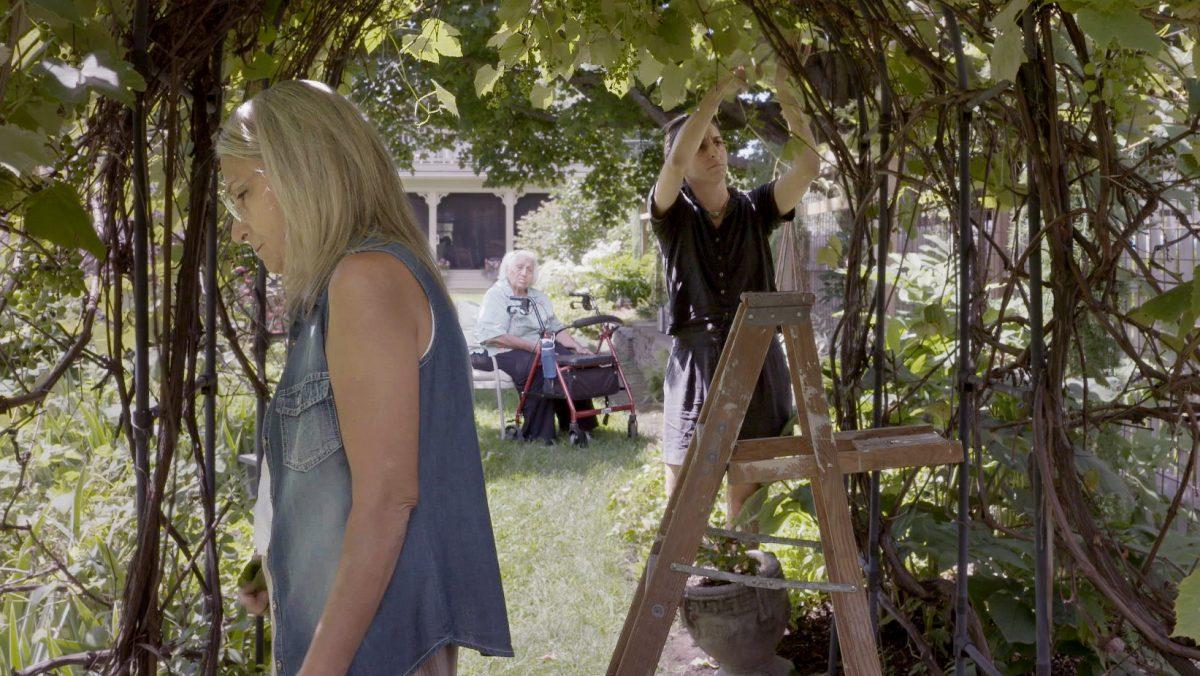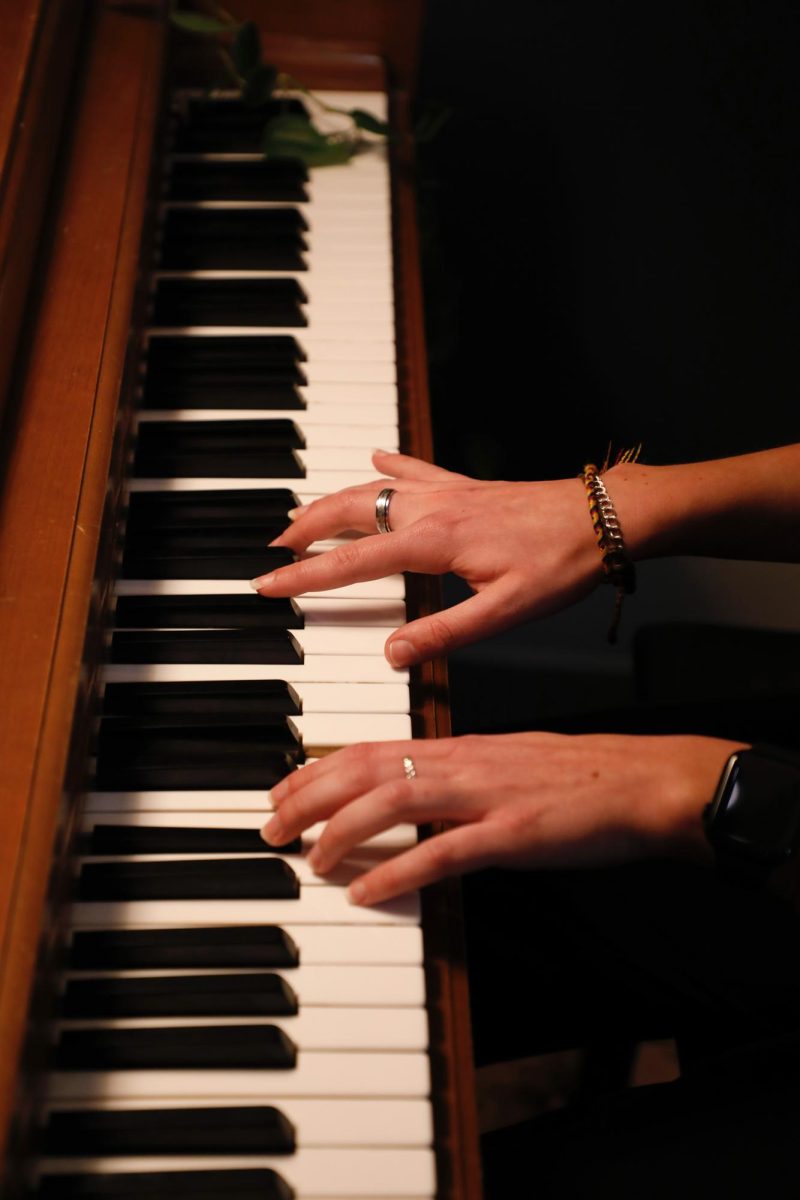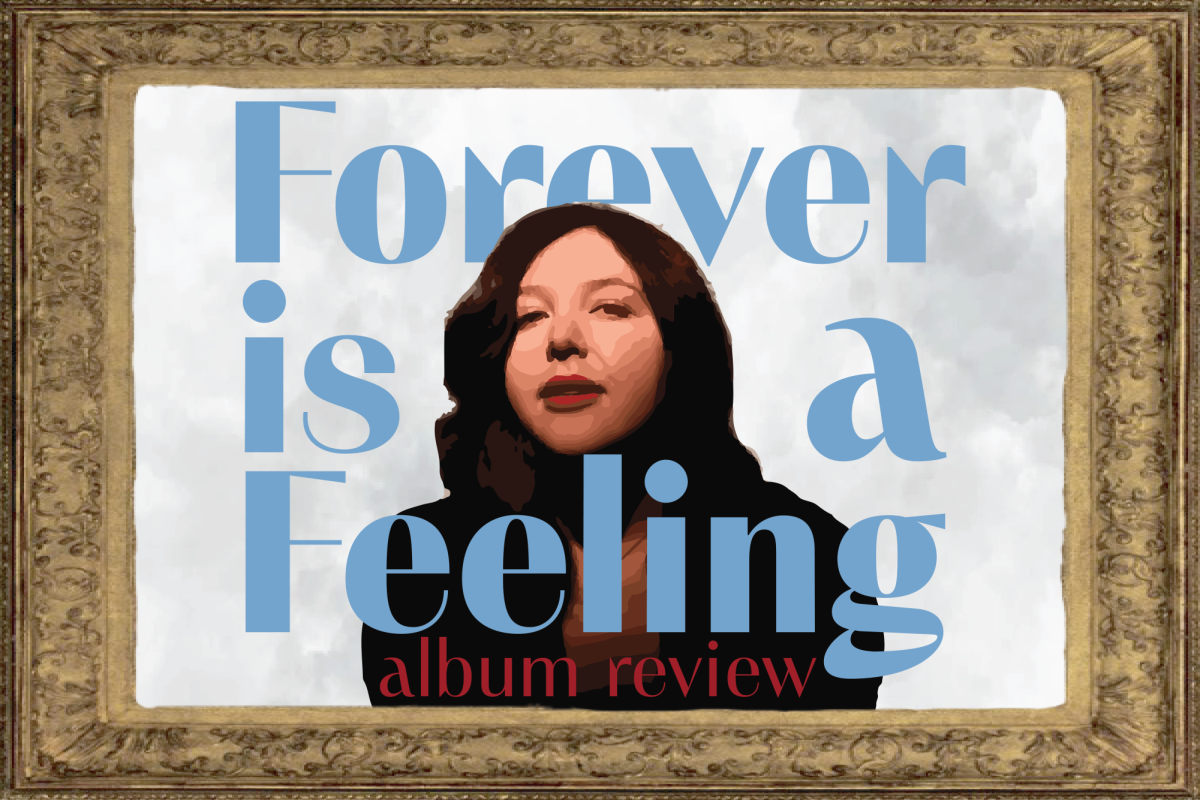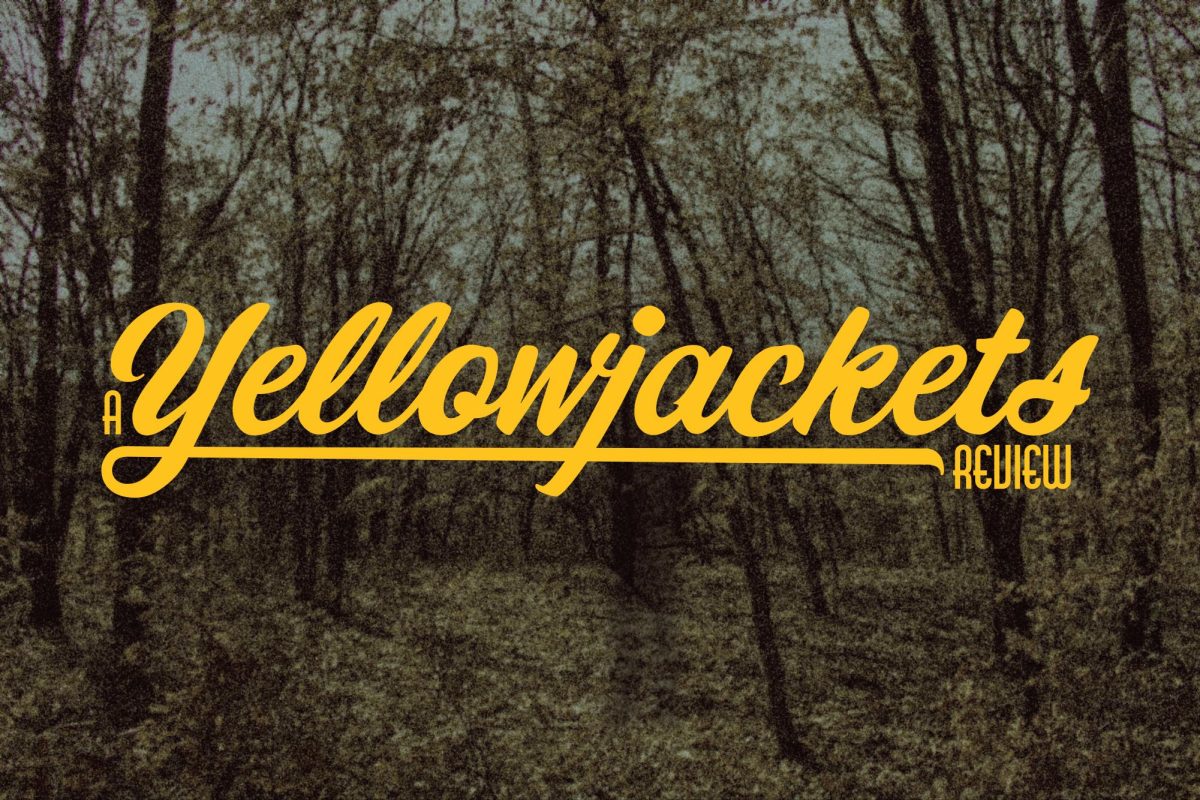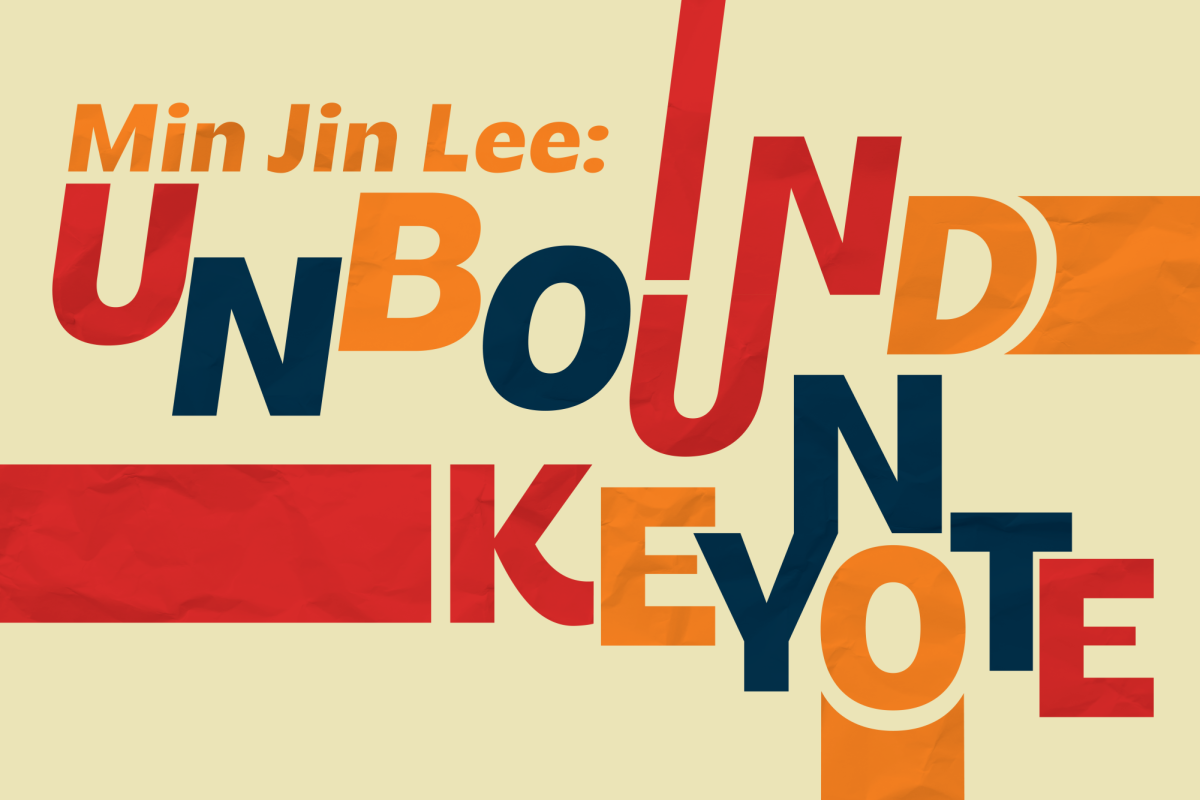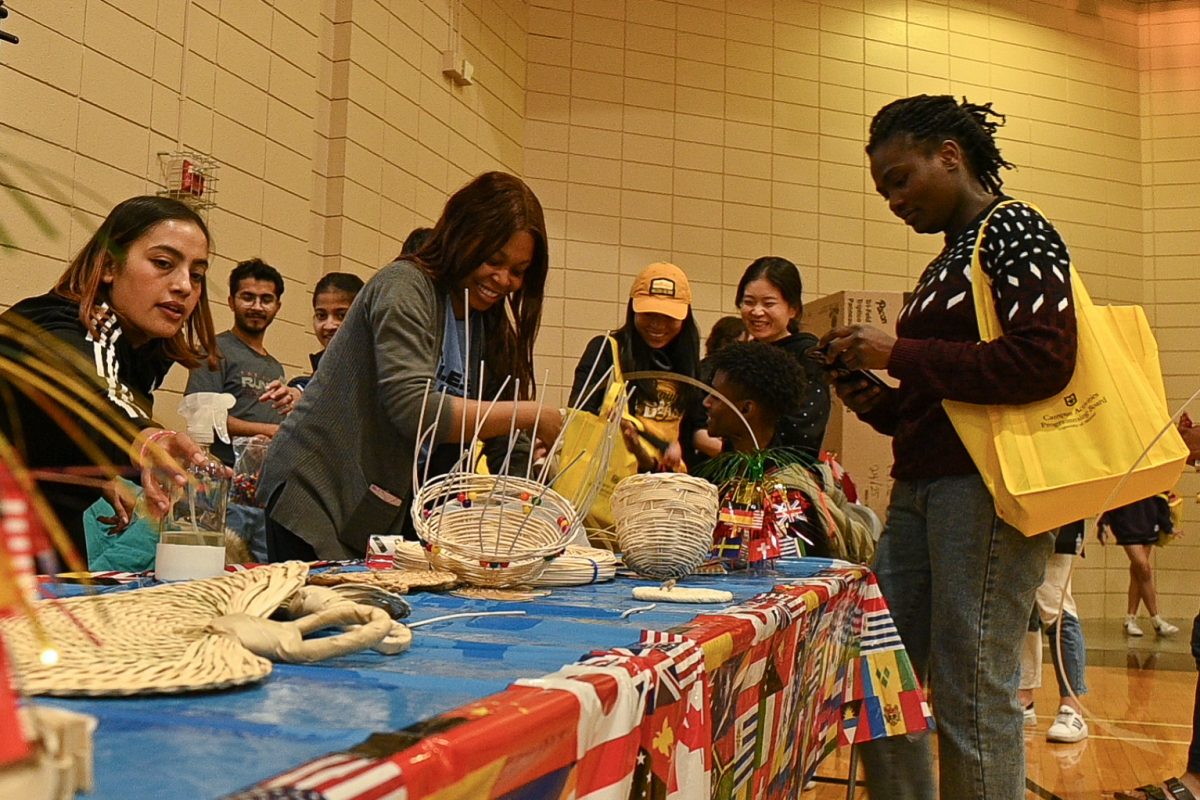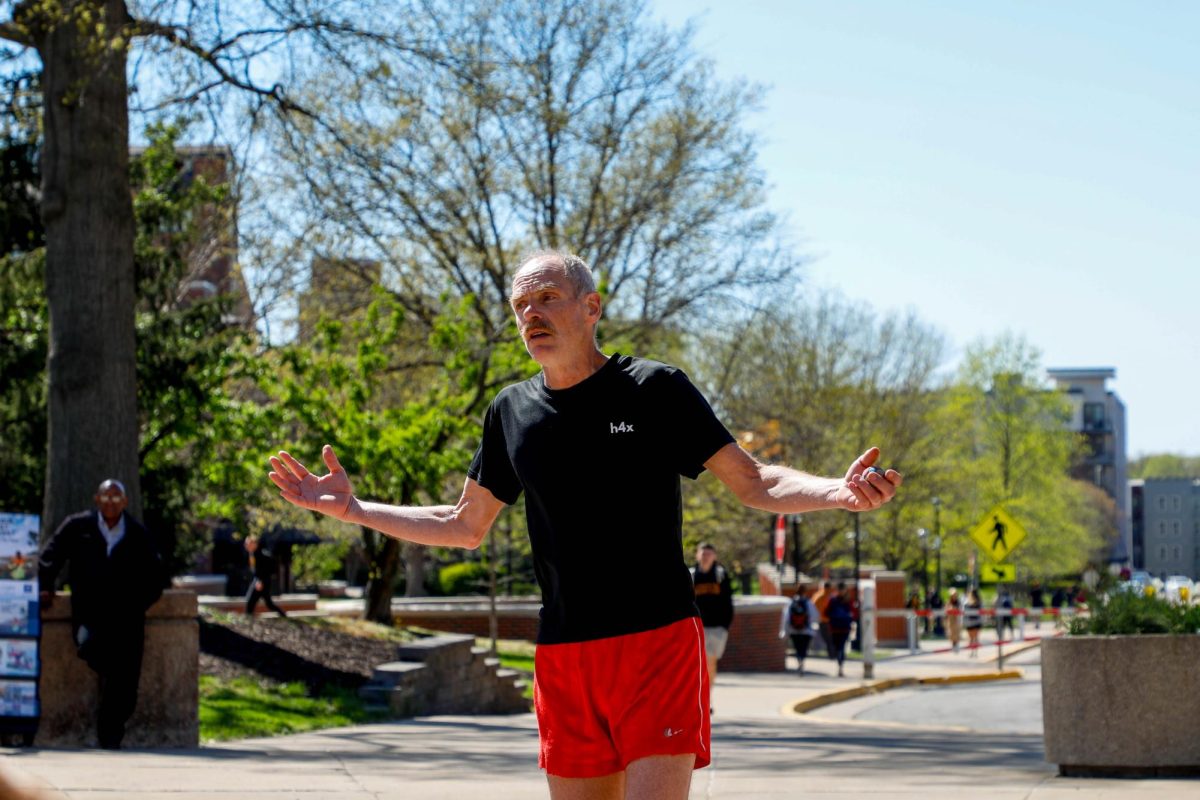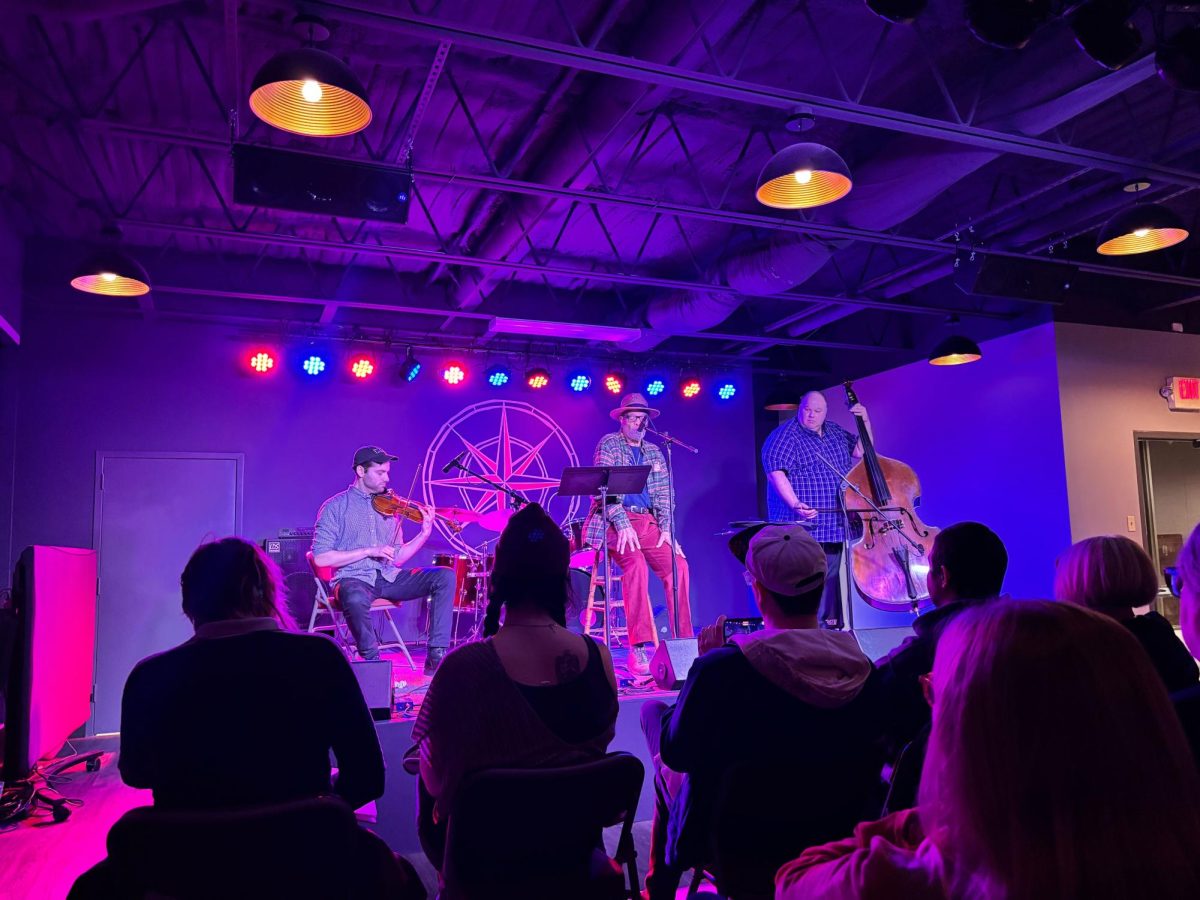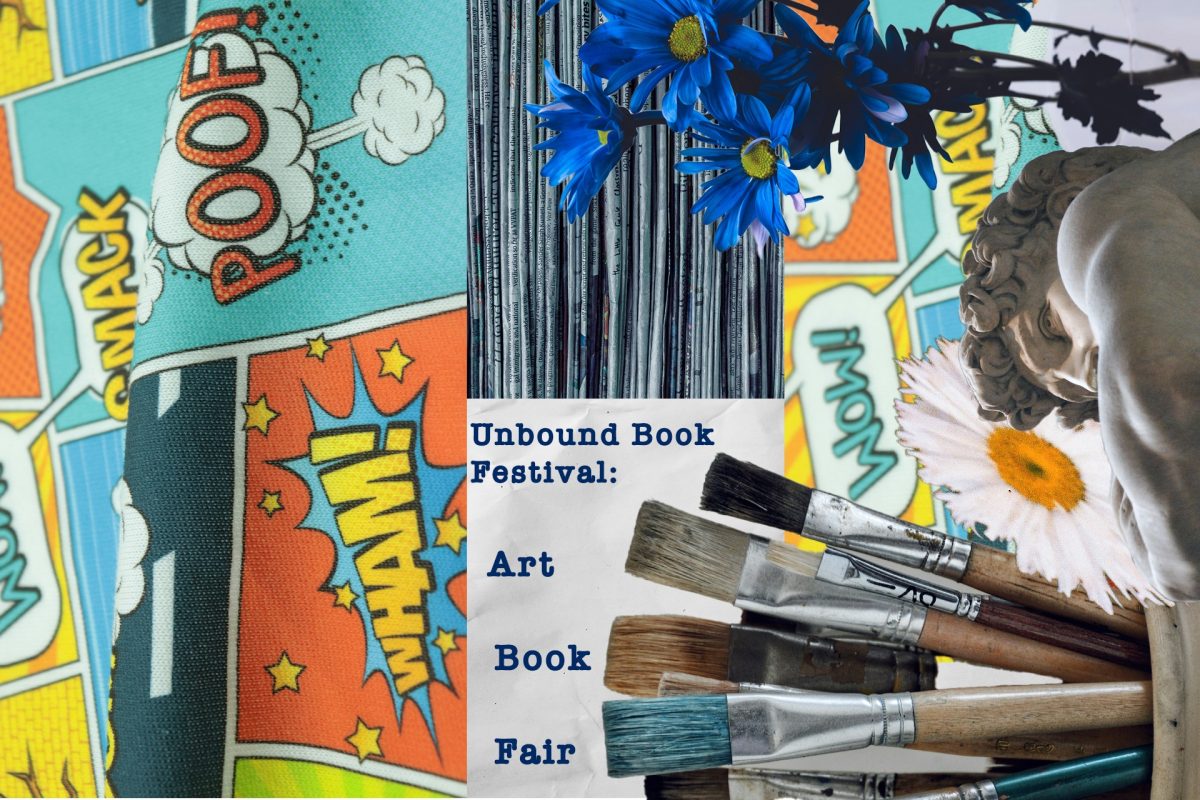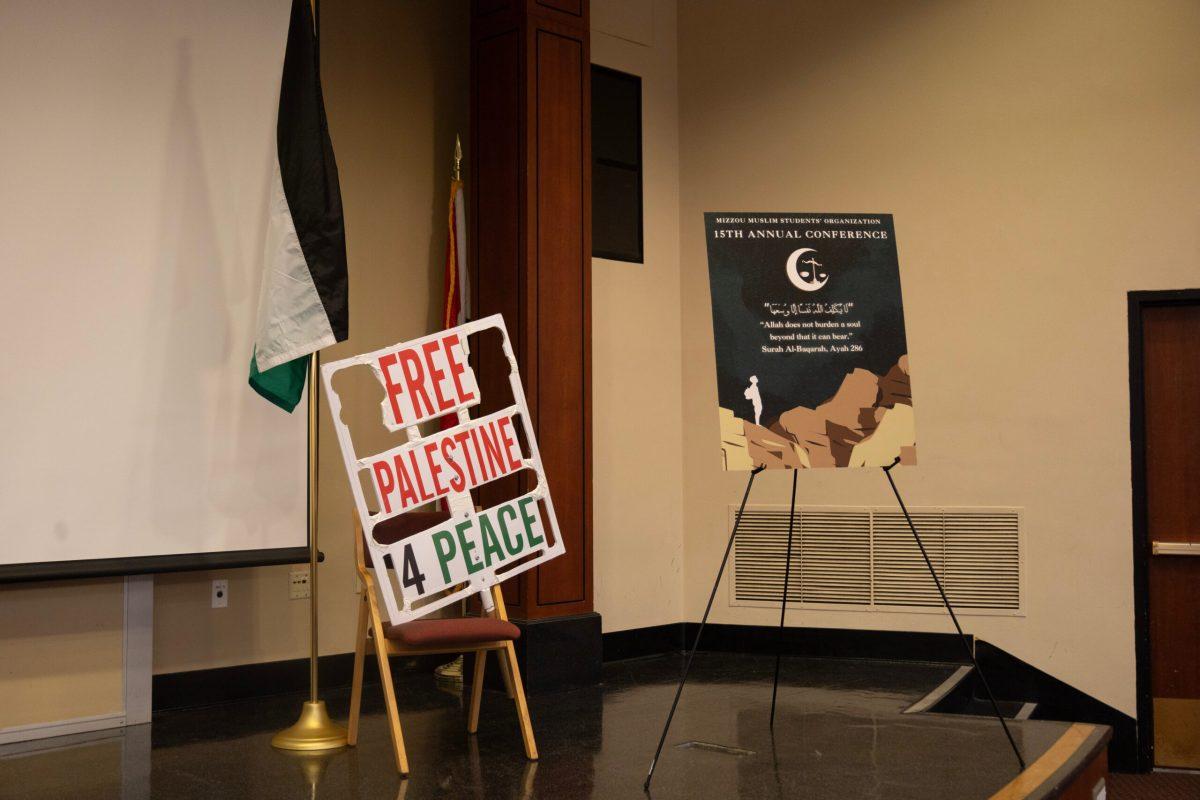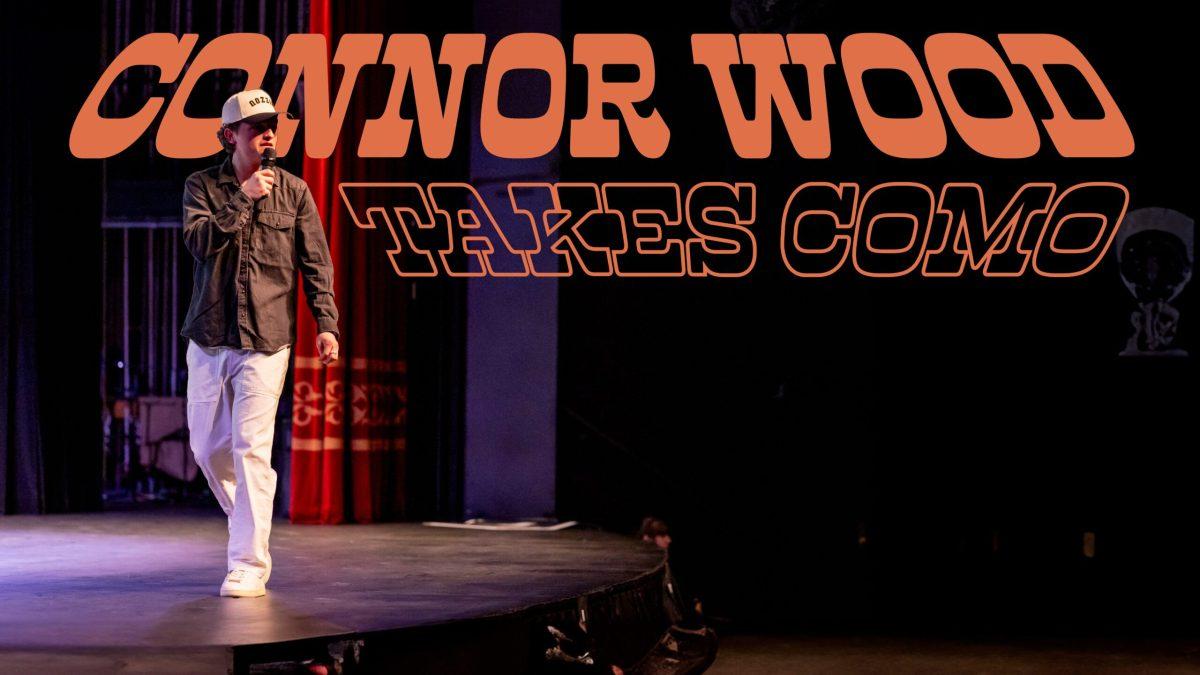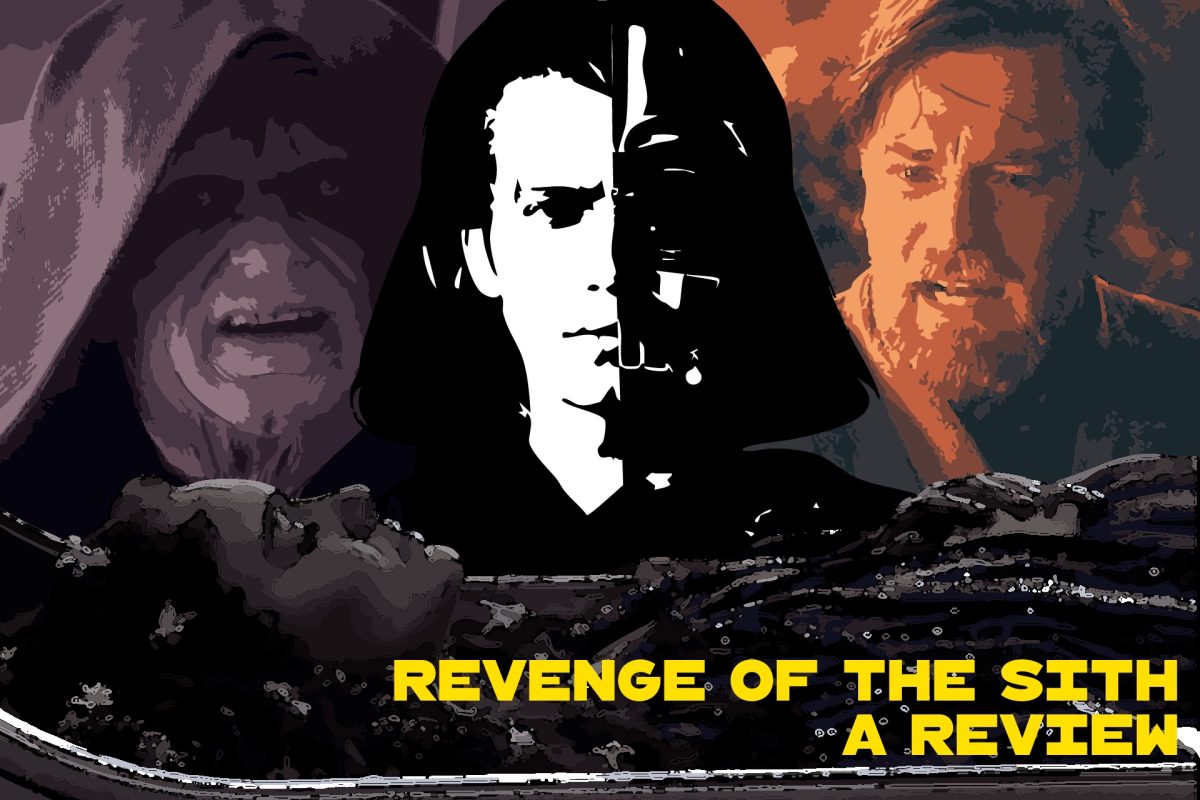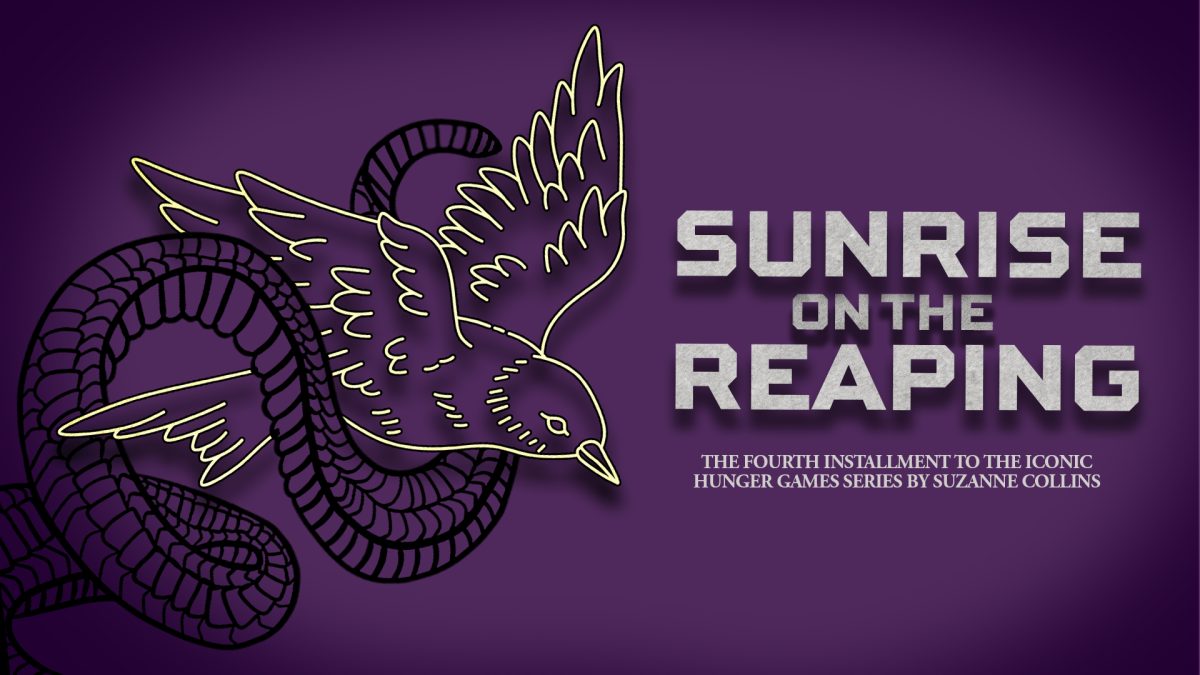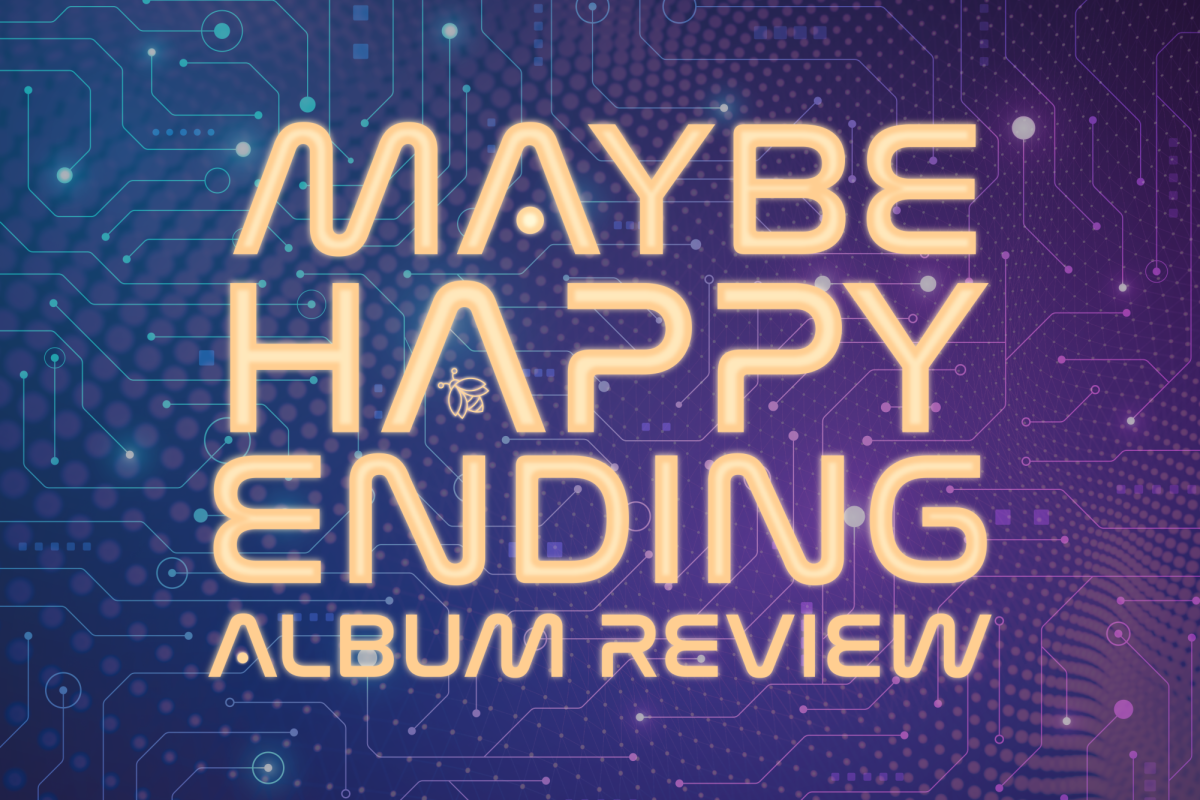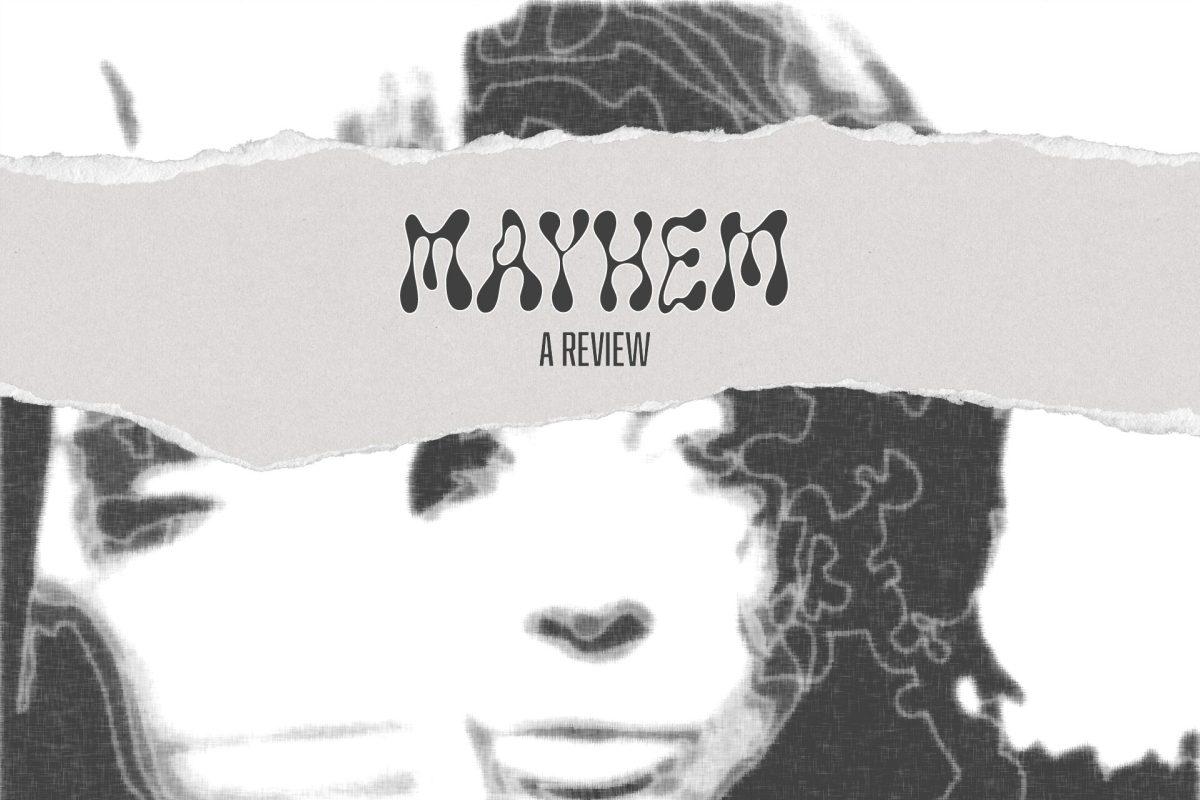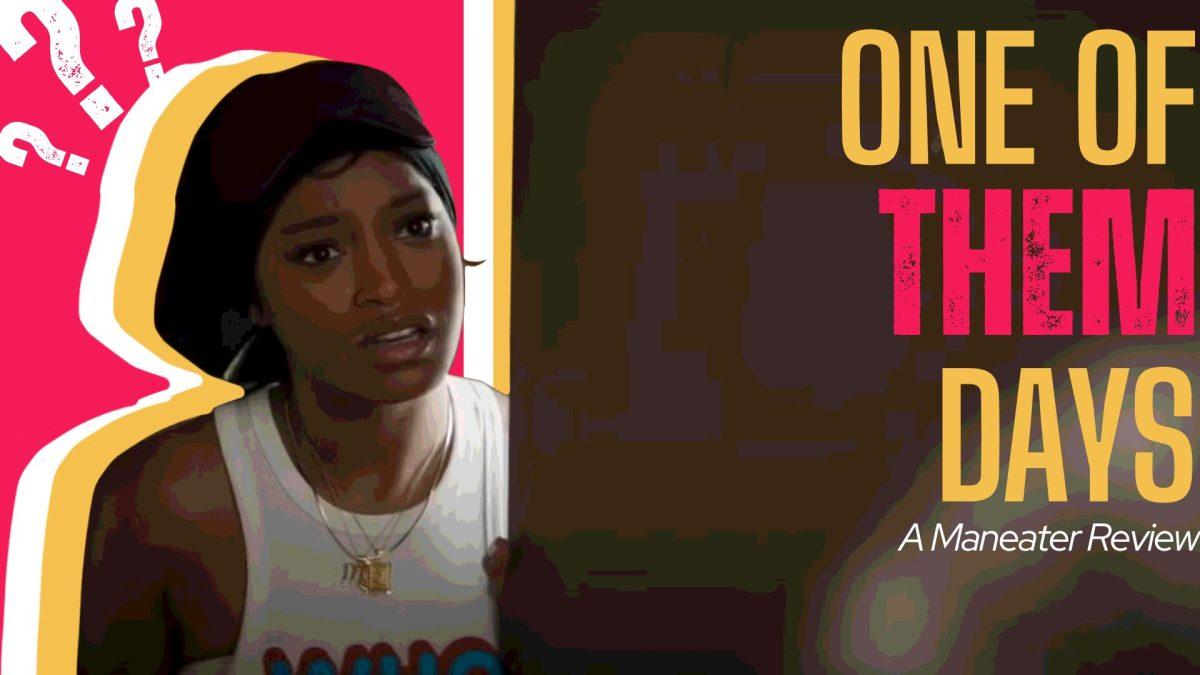Through extended, simple conversational scenes and well-curated flashbacks, Urich artfully conveys a longing to discover her history and break familial barriers.
Officers inside wave as the sirens of police cars and fire trucks wail, ambling down a street during an Independence Day Parade in Burlington, Vermont. Behjat Urich — a tart, bubbly grandmother with a dry sense of humor — looks on. Mustering a forced wave to the drivers, Behjat observes another group marching through the street in military attire and mumbles, “Why are they all old?”
“They’re veterans,” Behjat’s daughter Mitra explains.
This scene encapsulates the central idea of Sierra Urich’s documentary film “Joonam,” the Farsi (referred to as Persian by English speakers) term for “my dear” or “my soul.” Mitra (Sierra Urich’s mother) and later Behjat immigrated to the U.S. from Iran during the revolution, leaving Sierra in a Farsi-fluent household rich with history and tradition, yet blanketed by Americanization.
It is this language, history and tradition that Sierra Urich aims to uncover in her film. Through raw, extended footage of conversations with her grandmother, Sierra Urich emphasizes the language barriers that solidify a barrier between characters. Sierra Urich asks a question translated into Farsi by Mitra, and Behjat responds in broken English, giving Mitra the keys to unlock a story best told in volumes.
Sierra Urich includes footage of her search for someone who can teach her the language remotely so she can communicate with her grandmother the way Mitra does. Having several phone conversations to no avail, Sierra Urich’s connection between origin and culture only becomes more difficult to reveal.
Sierra Urich’s first Farsi teacher seems to cast doubt upon Sierra Urich’s potential, having the audacity to ask, “How long have you been learning Persian?” after hearing about her background and the extent of her knowledge. Sierra Urich utilizes this doubt to initiate the first of many artful flashbacks. They display clips of Behjat’s life in Iran before the revolution, up until the beginning of Mitra and her husband Gary’s journey in America. These clips flew by faster and faster with the increasing tempo of light piano music in the background, allowing the audience to imagine how life used to be for this family,
Through her raw dialogue scenes with Behjat’s broken English, Sierra Urich allows us to see every aspect of Behjat’s personality and hopes. She longs to go back to Iran but knows she is stuck.
Viewers get a glance into Behjat’s mind during an extended clip of her on a train looking out the window, reminiscing about her farm in Iran that is “all desert” now. Instead of simply succumbing to American culture, Sierra Urich’s family is forced to absorb it as almost every aspect of their life in Iran has been erased by the revolution and American fear-mongering. Sierra Urich gives viewers a glance into the Iranian conflict through powerful clips of mass protests calling for the Shah’s downfall and Iranian women removing their hijabs in public.
In Sierra Urich’s flashback clips, viewers get a glance at her family history, but also the reasoning behind Mitra’s decision to allow her to think about culture and religion freely.
One of Sierra Urich’s flashback clips displays the family driving through a mountainous and twisty Burlington road lined with lush greenery. Through dialogue, the viewer is able to discern how Iranians view America – as “all concrete and buildings,” contradicted by the family’s marveling at Burlington’s landscape.
My mother’s parents immigrated to the U.S. from Germany in the 1960s. Her family grew up speaking German, and she is still fluent to this day. I have visited my family in Germany twice and have spent almost five years taking German classes, but still don’t know the language well enough to understand my family’s history, especially during the two world wars and my grandfather’s life in East Germany.
The film, though a metaphor for the alienation immigrants face from their own culture, also forces viewers to acknowledge their privilege. I am extremely fortunate to have been able to visit Germany multiple times without being warned it is “the worst place to go right now,” as Sierra Urich’s first Farsi teacher emphasized in a phone call included in the film. I am fortunate enough to be able to zoom in on my relatives’ homes in Lüschow on Google Maps — something Sierra Urich is unable to do with her homeland in the film.
Simply put, “Joonam” puts America’s perception of Iran and the Middle East into plain view. Having the privilege to wake up to the sound of birds chirping outside our windows creates in us an inherently condescending view of the places that wake up to bomb blasts. For Sierra Urich’s family, having to curate a safe, comforting picture of Iran in contrast to the rest of America’s view creates a gray area of Iran’s true history and hinders Sierra Urich’s ability to fully absorb herself into her culture.
Edited by Egan Ward | [email protected]
Copy edited by Grace Knight


